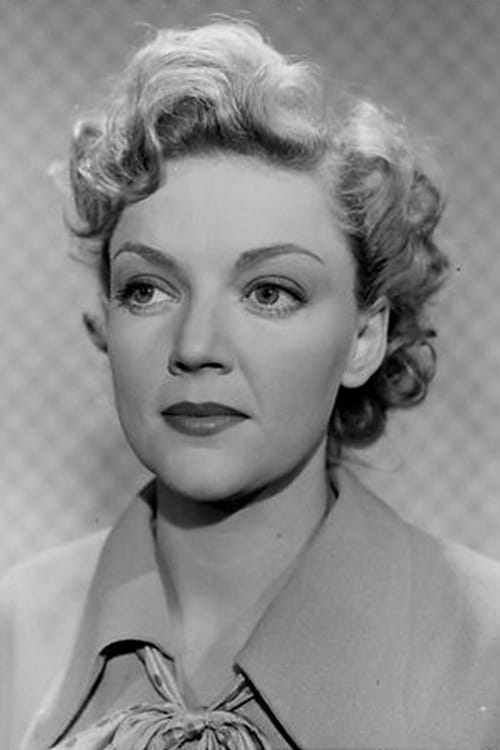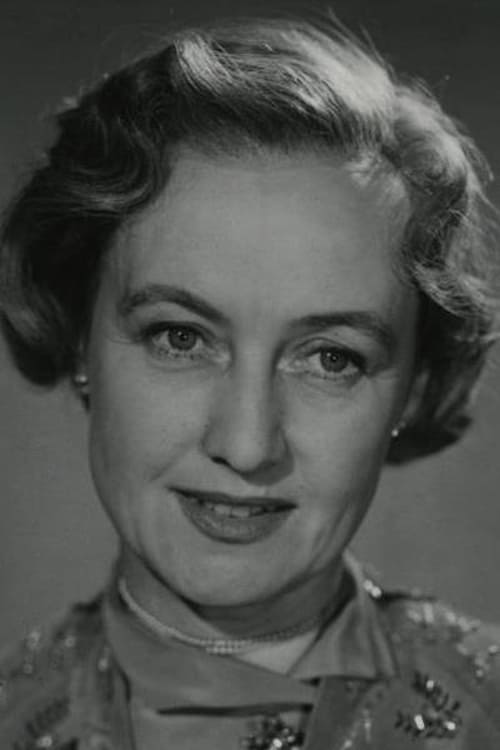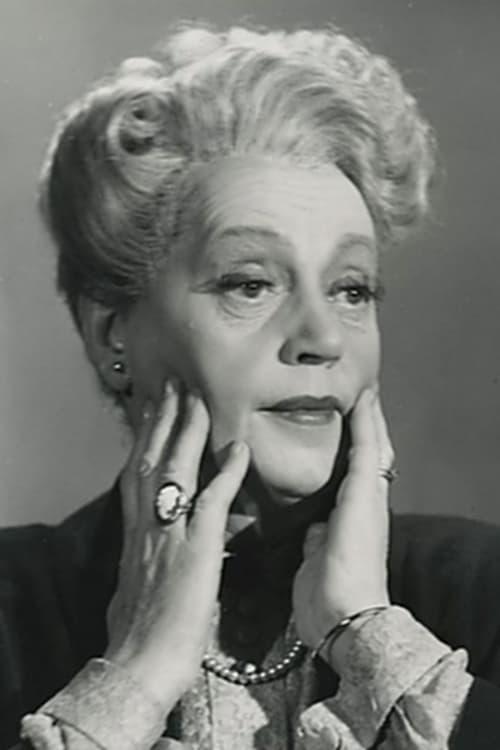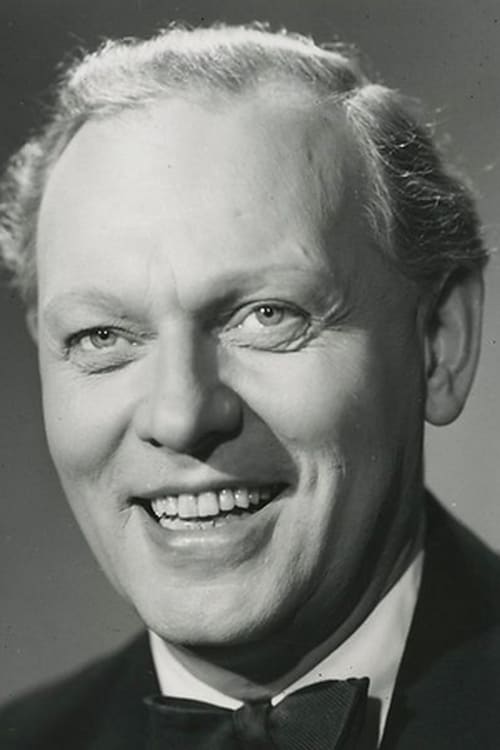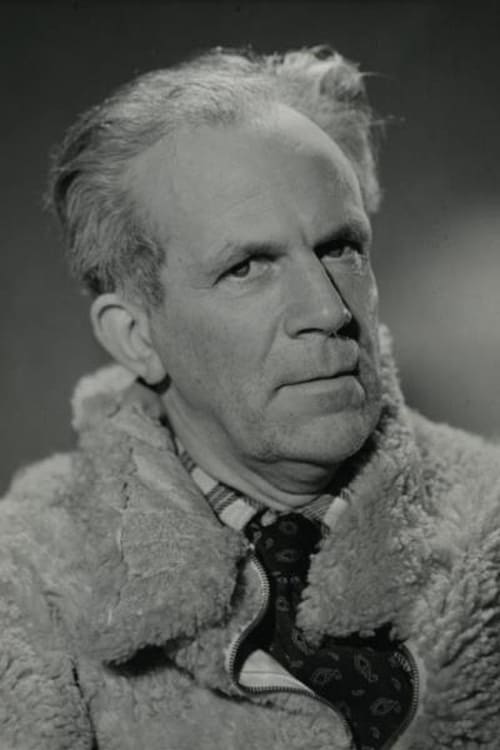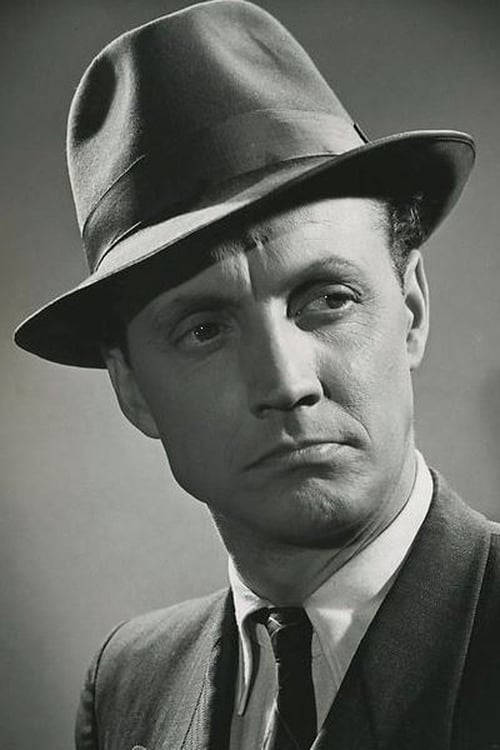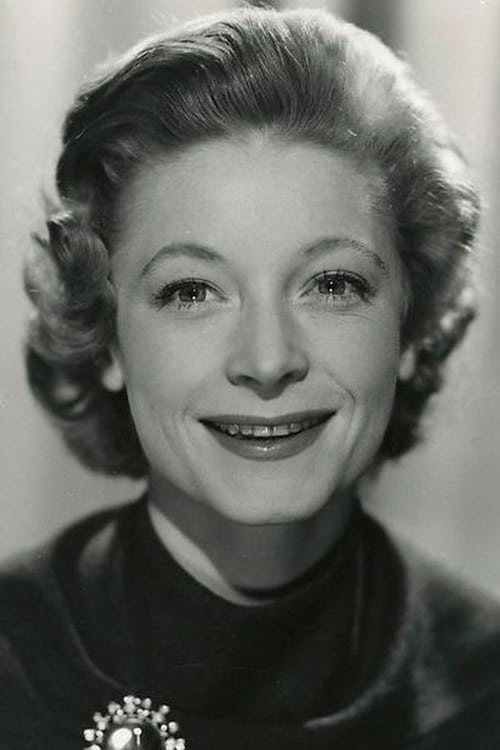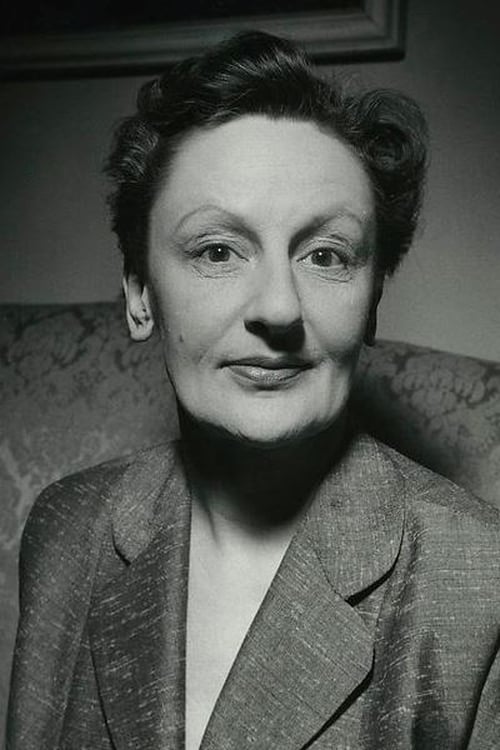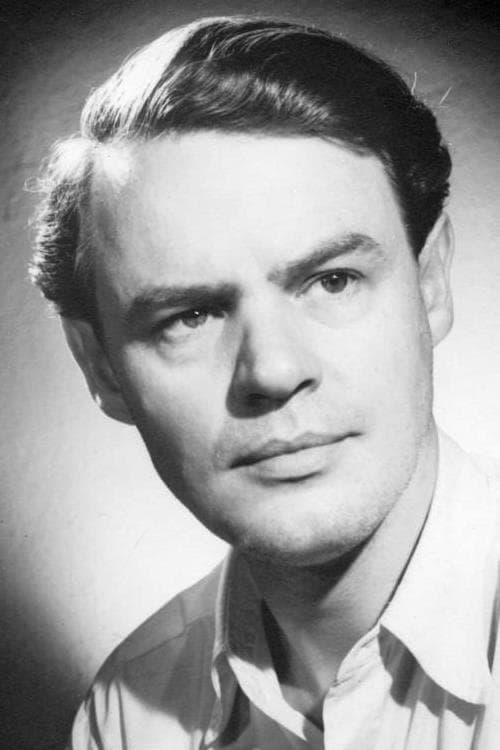Jenny and the Soldier (1947)
Gênero : Drama, Romance
Runtime : 1H 32M
Director : Johan Jacobsen
Sinopse
A good natured soldier with a killer right hand, falls in love with a beautiful girl who has a troubled past.

Directed by Knud Leif Thomsen

A dancer and a Danish student meet on a train; she is going on tour to Rio, and he decides to follow her. Based on the novel by Jens August Schade.

The Danish Ingen tid til Kaertegn (Be Dear to Me) is heavily reliant on the appeal of its star, 8-year-old Eva Cohn. Our heroine is the neglected child of a businessman father and actress mother. Feeling that happiness lies well outside her own backyard, Eva goes on a search for that happiness. The longer she stays away, the more her parents realize that they've unfairly ignored her. The plot is nothing new: it's what is done with it that pleases the eye and ear. Ingen tid til Kaertegn was one of the more popular entries in the 1957 Berlin Film Festival.

'Ang.: Lone' is a sort of social realist 'rebellious teen movie'. It tells the story of a troubled, emotionally confused, and defiant 16-year-old girl called Lone. Lone runs away from a girls' home in Jutland and travels to the home of her foster parents. Her visit quickly gives rise to a conflict so she travels onward to Copenhagen. In Copenhagen she enters into lower and middle class milieus and the hippiesque underground, but she runs away from each of these because she manages to start conflicts with most people by acting aggressively aggrieved. Lone finds a boyfriend and becomes pregnant during the couple of months she spends in Copenhagen before she is found and placed in a mothers' home which she eventually runs away from in order to have an illegal abortion.

A young woman of good family is driven into one of thieves and prostitutes and ends in suicide.

Lad det være sagt med det samme. Musikken i "Alle gaar rundt og forelsker sig" er fantastisk. Den bliver faktisk bedre og bedre med årene. Men det er også en operettefilm, hvor Kai Normann Andersen har komponeret, og hvor Teddy Petersen dirigerer. Så kunne det næppe gøres bedre i 1941. Handlingen i filmen er rimelig. Den er i hvert fald bedre end tilsvarende film fra samme periode fra den anden side af "dammen". Det er musikken, der løfter filmen op i de høje skylag. "Toner fra himlen" og selvfølgelig "Alle gaar rundt og forelsker sig".

In order to supplement the family income, Marius Bastrup rents his unused rooms to young women looking for a "discreet stay." The drama in the film revolves around the young women and their circumstances, especially as it relates to one girl's abortion.

The late 1930s. A young enemployed, unskilled worker walks through the streets of Copenhagen, sustaining himself partly on the dole and free soup-kitchen meals and partly on day-dreams. He spends time at a cemetry studying headstone inscriptions. Mild-mannered and of poetic bent, he understands little of an intellectual friend's advice and shies away from the love of a woman who shares her bed with him.


Carl-Henning (Jasper Klein) is a young man working as an apprentice on a dairy farm in the Danish marshland. When he isn't working, he tinkers on a disabled car and dreams of a young girl who is a local student. After a few too many beers one night, he steals some money from the till at work. He is caught by the foreman, who beats the young man. Carl-Henning defends himself and knocks the man down a flight of stairs. Convinced he has murdered the man, Carl runs away and joins up with a traveling carnival. Although the foreman has only a slight bump on the head and all is forgiven, Carl never receives word he is welcome to return and begins a series of adventures that take him far beyond the farm.

Lau Lauritzen plays an ordinary architect, with a wife and a son. He gets accused for killing a 10-year old girl, and of course nobody doubts he's the one. Even his wife and his uncle has trouble believing him, but at least they don't tell him.

Café Paradis is an award-winning Danish film made in 1950, directed by Bodil Ipsen and Lau Lauritzen Jr., and written by Johannes Allen. The film received the Bodil Award for Film of the Year, and Ib Schønberg, for what is regarded his finest performance, received the Bodil Award for Best Supporting Actor.

Ole Ernst stars as an energetic conman lured into trying to set a factory on fire to catch in on the insurance. The plan backfires and both the factory owner, his wife and the conman hunted by the police must flee to Sweden.

Directed by Danish filmmakers Bjarne and Astrid Henning-Jensen, THOSE BLASTED KIDS tells a story of a group of back-alley urchins that is considered Denmark’s first true children’s film.


